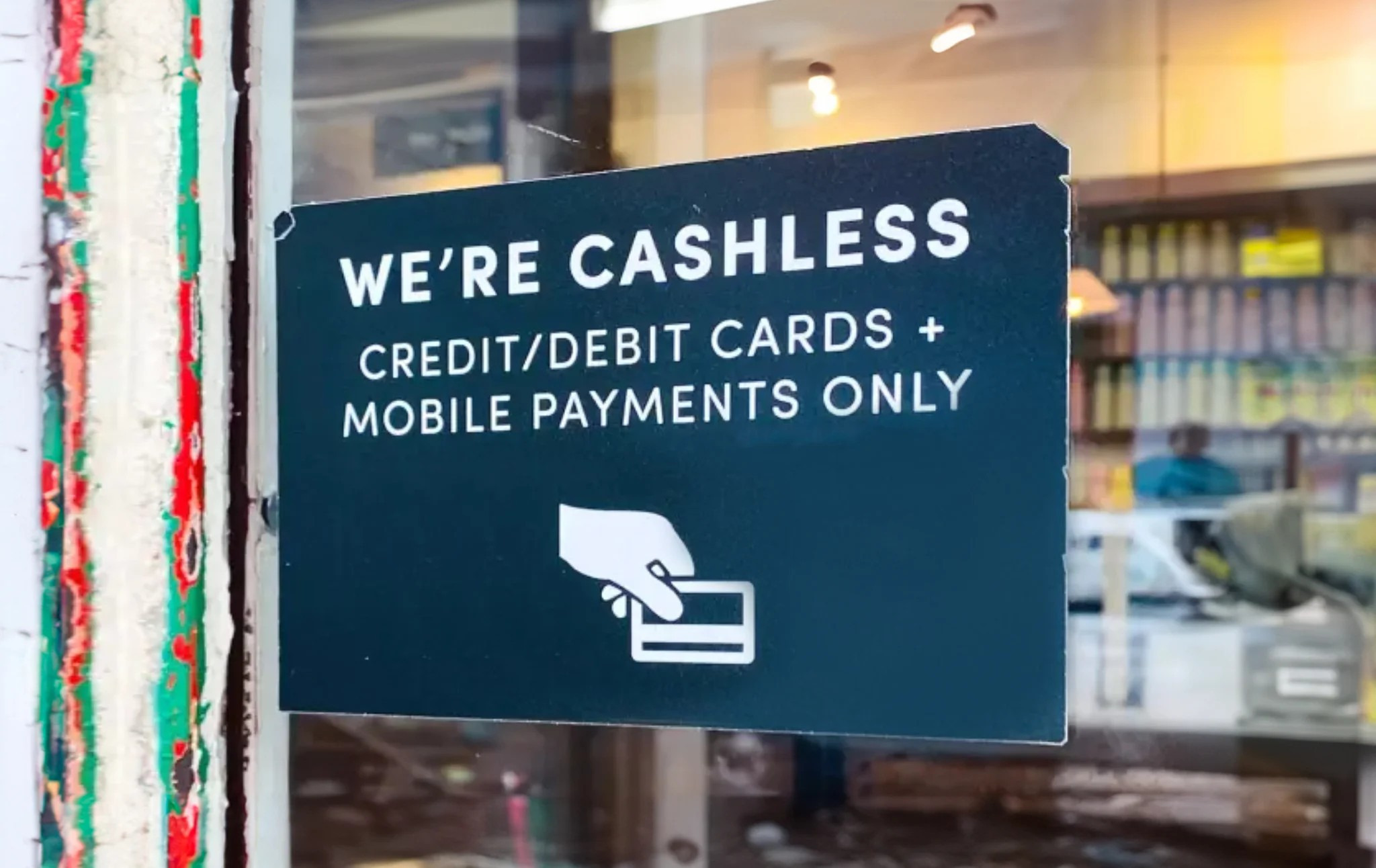Physical Address
304 North Cardinal St.
Dorchester Center, MA 02124
Physical Address
304 North Cardinal St.
Dorchester Center, MA 02124

For decades, cash has represented a beacon of personal freedom—a tangible, untraceable form of money that keeps us independent. Today, however, there’s a concerted push toward a cashless society, where every transaction is tracked and controlled. This isn’t just about convenience; it’s about power. When cash is eliminated, the ability to buy, sell, and exist outside of government and corporate control vanishes. If we don’t take action now, we risk a future where our financial freedom is completely in the hands of those in power.
Below are 10 practical ways to resist the cashless control grid and safeguard your financial independence.
Stick to using physical cash for your everyday transactions. Paying with cash not only saves you from digital surveillance but also keeps cash in circulation, making it harder for cashless systems to gain a foothold.
Choose to spend your money at businesses that still accept cash payments. Your dollar in cash is a vote for maintaining financial freedom—if more people demand cash options, companies will have to comply.
Withdraw extra cash from your bank regularly and store it securely. In case of any banking outage or sudden digital disruption, having a cash reserve will ensure you can still meet your essential needs.
Limit your use of apps like Apple Pay, Google Pay, and contactless payments. The less you rely on digital systems, the less data you give away. Whenever you can, choose the old-fashioned method of cash transactions.
Knowledge is power. Learn about the risks of a cashless society and share that information with friends, family, and colleagues. Start conversations and encourage critical thinking about how digital money impacts our freedom.
Diversify your financial portfolio by using alternative currencies such as precious metals (like silver and gold) and even cryptocurrencies—especially those that are decentralized and focus on privacy. These alternatives can serve as a buffer against a total digital takeover.
Strengthen your local community by engaging in barter systems and direct trade. By relying less on centralized financial systems, you help build a network of self-reliance that can withstand external control.
Digital IDs and biometric systems are often the first step toward complete financial surveillance. Where possible, avoid systems that require these IDs, and support initiatives that fight for privacy and data protection.
Get involved in local politics and activism that protects cash as a human right. Support policies and candidates who oppose the elimination of cash and challenge the expansion of digital financial systems.
Don’t put all your financial eggs in one basket. In addition to cash, consider investing in tangible assets like precious metals, local property, or even community currencies. Diversification strengthens your position against potential financial blackouts imposed by digital systems.
If this article has inspired you to take action against the digital control of your money, check out our deep dive into how systemic control and hidden mechanisms keep us in chains:
The Silent Chains: How Tyranny Flourishes in Plain Sight
By exploring these practical steps, you’re not just protecting your finances—you’re asserting your right to independence in a world that increasingly seeks to homogenize and control us.
How have you been resisting the cashless takeover in your daily life? Do you still carry cash, or have you found creative ways to bypass digital payments? Leave your comments below and share your experiences—we’d love to hear your story.